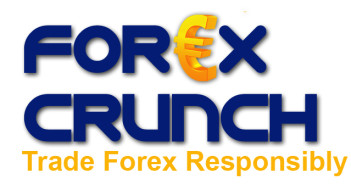The new CFTC rules regarding forex trading in the US will come into effect soon. Apart from the infamous leverage limit, they include also include interesting things. Here are important things to look out for.
On October 18th, the new CFTC rules will come into effect, being a major change for the industry. The CFTC originally proposed a leverage limit of 10:1, and this caused lots of protests, also here. The final decision limits leverage on major pairs to 50:1 and to 20:1 on others.
So, let’s get ready:
- Get used to the new leverage: What pairs do you trade? What is the leverage on each one of them? Do you need more funds to support the new leverage? Do you need to take smaller positions now? How much is one pip worth? You may test all this stuff on a demo account, just to get used to the new numbers. Most traders are used to a leverage limit of 100:1, so this is a significant change.
- Check out your broker’s profitability: One of the good things that came out of the new regulations is that the CFTC forces forex brokers to disclose the percent of profitable vs. non-profitable forex accounts. From the two reports already released, by FXCM and IBFX, profitability is around 25%. Note that this includes only active accounts in the US, and that the definition differs between brokers. Nevertheless, these figures are very interesting. The profitability level of a broker depends on its traders, but also on the broker. It’s no secret that most traders don’t profit. Still, a relatively low profitability rate for a specific broker may want you to consider switching.
- Read the new risk disclosure: The CFTC requested an updated risk disclosure to be updated on brokers’ site. This may seem like as long yada-yada, but it’s not that long. It’s actually a quick reminder of what you’re in to. You can read it here.
- Check if you need to “repatriate†your account: Some American forex brokers have subsidiaries abroad, using different regulations, not necessarily worse than in the US. The implications of the Wall Street Reform known as the “Dodd-Frank Actâ€, American traders need to be “protected†at home. Your account might need to be moved to the US, and you may not be able to trade until its finished. Check it out with your broker. There still no blocking of US credit cards with offshore brokers, but that’s still a possibility.
What do think? Are there additional necessary preparations for this big change?



